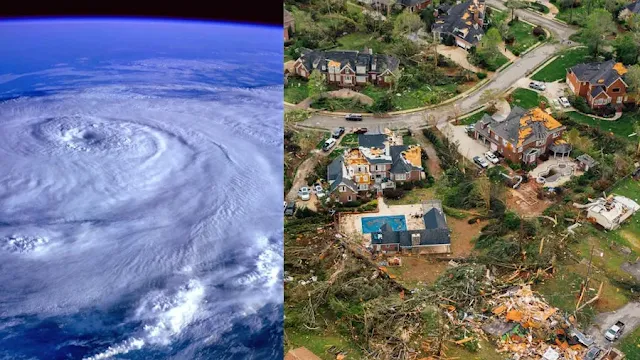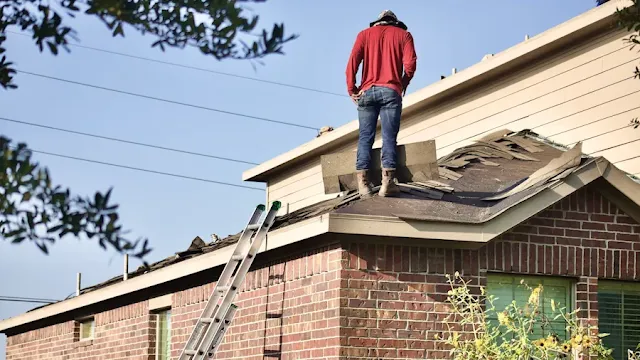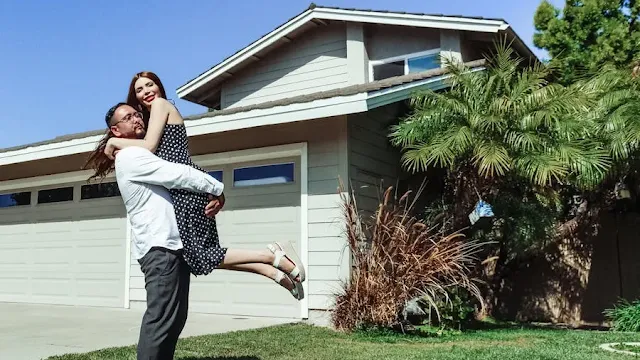What Happens When Your Home Insurance Company Drops You
Getting dropped by your home insurance company can be a stressful and unexpected situation. This can happen for various reasons, such as filing multiple claims in a short period, failing to maintain your property, or missing premium payments. When your insurer decides to cancel your policy, you're left without coverage, which can be a significant risk to your financial stability. For example, if your home insurance is canceled due to a series of claims after a storm, you’ll not only lose your coverage but might also face challenges securing a new policy. Understanding the steps to take after being dropped is crucial to ensuring your home remains protected.
Is It Hard to Get Homeowners Insurance After Being Dropped?
Yes, it can be challenging to secure new homeowners insurance after being dropped. Insurance companies may view you as a higher risk, especially if your policy was canceled due to non-payment or multiple claims. As a result, you might face higher premiums or limited coverage options. However, it’s essential to start shopping for new insurance as soon as possible, and you may want to work with an insurance broker who can help find a policy tailored to your needs.
What Happens to My Mortgage If My Homeowners Insurance Is Cancelled?
If your homeowners insurance is canceled, your mortgage company will likely require you to obtain a new policy immediately. If you fail to do so, the lender may purchase force-placed insurance on your behalf. This type of insurance typically provides less coverage and comes with significantly higher premiums, which will be added to your mortgage payments. It’s crucial to avoid this situation by securing new coverage quickly.
Can You Reinstate a Cancelled Home Insurance Policy?
In some cases, you may be able to reinstate a canceled home insurance policy, but this depends on the reason for cancellation and the specific insurance company's policies. If your policy was canceled due to non-payment, paying the overdue amount promptly might allow you to reinstate it. However, if the cancellation was due to more severe issues, such as underwriting concerns, reinstatement might not be possible. It’s important to contact your insurance provider immediately to discuss your options and explore alternatives if reinstatement isn’t available.

















